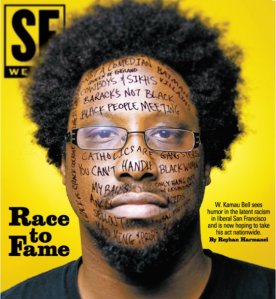I've read about Umar Ibrahim Vadillo for a while now but I've actually never seen or heard him until recently. He's a part of the Murabitun movement which I've referenced before. In this clip he speaks on the importance of zakat. He is also critical of the use of paper money and favors currency based on gold and silver.
See also: Paper Money: A Legal Judgment by Umar Ibrahim Vadillo
I started to do a little bit a "research" on this subject online and apparently Vadillo's argument has more weight behind it than I first realized. Previously I more or less assumed this was an odd minority opinion only held by the Murabitun. (In some ways that it is still the case, at least in terms of people who are willing to say that paper money is out and out haram) But one can also find older scholars who seem to treat the use of paper money as at least questionable, especially when it comes to paying zakat. It makes me wonder what a truly Shariah-compliant economic system would look like?
See also: Paper Money: A Legal Judgment by Umar Ibrahim Vadillo
I started to do a little bit a "research" on this subject online and apparently Vadillo's argument has more weight behind it than I first realized. Previously I more or less assumed this was an odd minority opinion only held by the Murabitun. (In some ways that it is still the case, at least in terms of people who are willing to say that paper money is out and out haram) But one can also find older scholars who seem to treat the use of paper money as at least questionable, especially when it comes to paying zakat. It makes me wonder what a truly Shariah-compliant economic system would look like?

